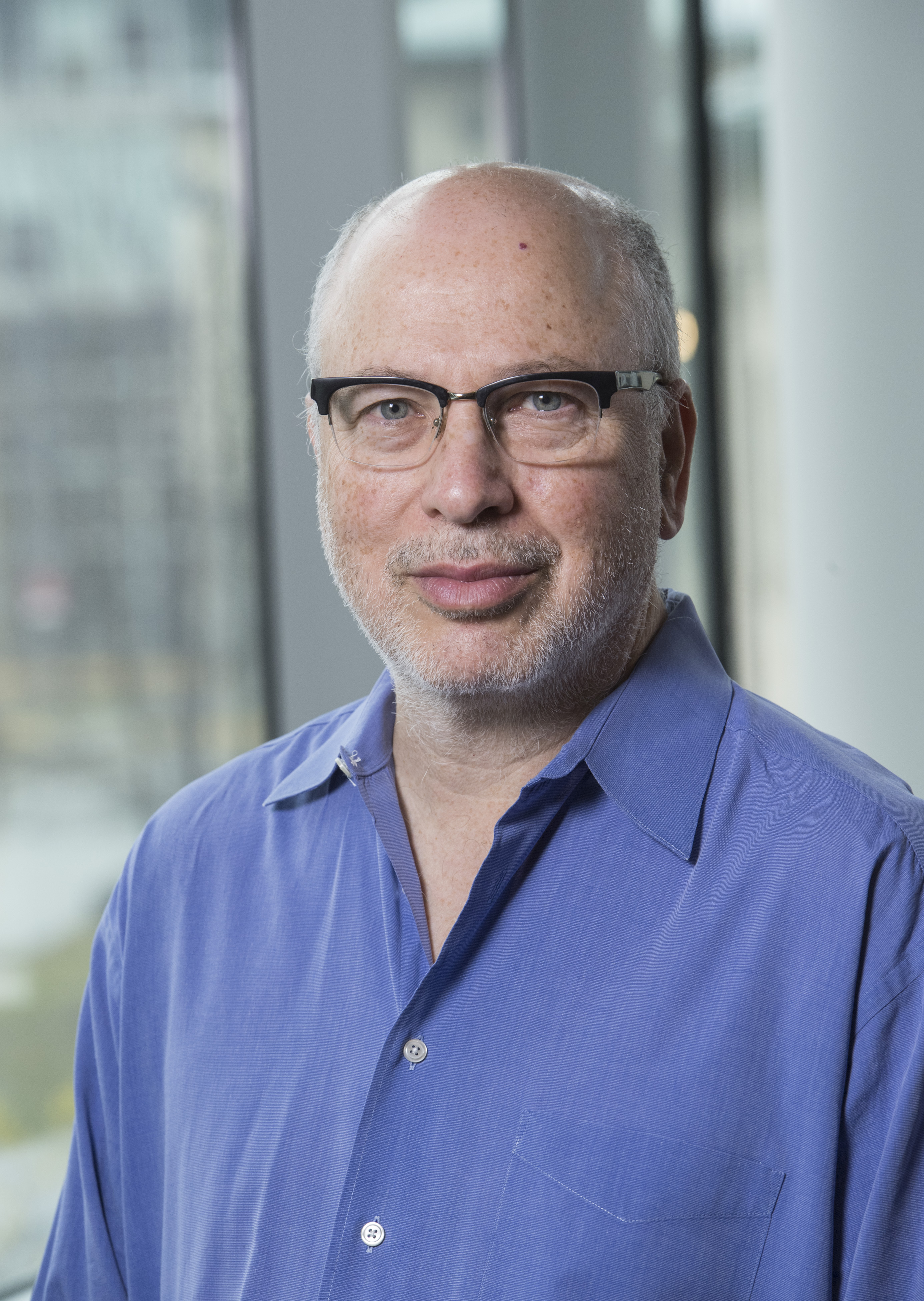Carnegie Mellon Names Rosenfeld Head of Machine Learning Department
Susie CribbsMonday, June 11, 2018Print this page.

Carnegie Mellon University's School of Computer Science has named Roni Rosenfeld, an expert in epidemiological forecasting and spoken dialogue technologies, head of its Machine Learning Department. He succeeds Manuela Veloso, who is taking a leave of absence. Rosenfeld will take the department reins on July 1.
Rosenfeld, a professor in both the Language Technologies Institute (LTI) and the Machine Learning Department (MLD), joined Carnegie Mellon in 1994.
"Machine learning is incredibly important in today's world, and there are few people I trust as much as Roni Rosenfeld to lead our efforts in this area," said Andrew Moore, dean of the School of Computer Science. "Roni's work in forecasting disease and his dedication to machine learning for good make him an excellent choice for this role, especially as we strive to make CMU the hub for artificial intelligence that changes the world for the better. I'm thrilled that he will run our Machine Learning Department."
As head of CMU's Delphi Research Group, Rosenfeld aims to make forecasting disease as universally accepted and useful as forecasting the weather. In particular, his group has forecasted the flu using two methods. The first relies on artificial intelligence — specifically, machine learning — to make predictions based on past patterns and input from the Centers for Disease Control and Prevention's domestic influenza surveillance system. The other method relies on the so-called "wisdom of the crowd," basing its forecasts on the judgments of a number of volunteers who submit their own weekly predictions. Last fall, the CDC reported that these two models proved to be the most accurate among all forecasting systems it evaluated — for the third year in a row.
Rosenfeld's research also focuses on finding ways to use spoken language technologies — automatic speech recognition, speech synthesis and human-machine dialog systems — to aid global socioeconomic development. One such project, Polly, uses telephone-based viral entertainment to reach low-literate people, familiarizing them with speech interfaces and then introducing them to development-related services. A caller records a message and Polly adds funny sound effects, such as changing a male's voice to a female's voice (or vice versa). The caller can then forward the message to one or more friends, who in turn can forward it along or reply to it. In Pakistan, where Polly was first launched, and later in India, the phone service linked people with recordings of job advertisements. In Guinea, Polly linked to health information recordings about the Ebola outbreak.
In addition to teaching and engaging in his own research, Rosenfeld also oversees CMU's Machine Learning for Social Good fund, which provides opportunities for faculty and students to apply their expertise in data science and machine learning to initiatives that benefit the public sector. CMU uses the fund, established by a $1 million donation from the Chicago-based predictive analytics firm Uptake, to support research projects for nongovernmental organizations, nonprofits and government agencies.
"More than twenty years ago, Tom Mitchell, Steve Fienberg and other faculty members in computer science and statistics had the foresight to establish the world's first academic department devoted to machine learning," Rosenfeld said. "Since then, it's become a world leader in machine learning research and education, under the able stewardship of Tom and, most recently, Manuela. I am honored to be entrusted with overseeing this incredible institution."
Rosenfeld earned his bachelor's degree in mathematics and physics at Tel-Aviv University in Israel before joining the CMU community to pursue his master's and doctor's degrees in computer science. His work on speech recognition technologies earned the university's Allen Newell Award for Research Excellence in 1992, and he joined the CMU faculty in 1994. He's been a full professor in the LTI and MLD since 2005, with appointments in the Computer Science and Computational Biology departments, and the Heinz College of Information Systems and Public Policy. Rosenfeld has earned the School of Computer Science's Joel and Ruth Spira Teaching Excellence Award, and has served as associate editor of IEEE Transactions on Speech and Audio Processing. He has advised more than 20 students, taught two popular courses in language and speech and machine learning, and served on the university's Faculty Senate.
Susie Cribbs | 412-268-4482 | cribbs@cs.cmu.edu
